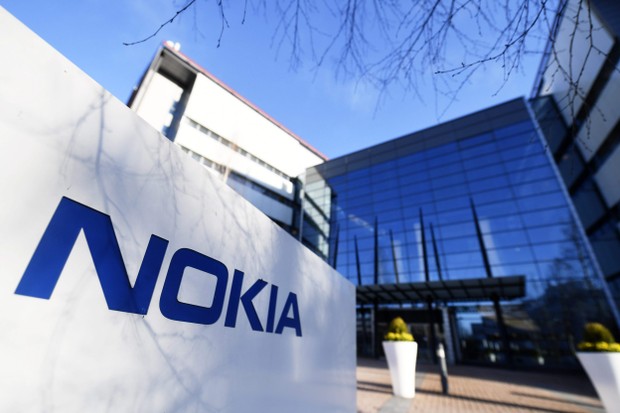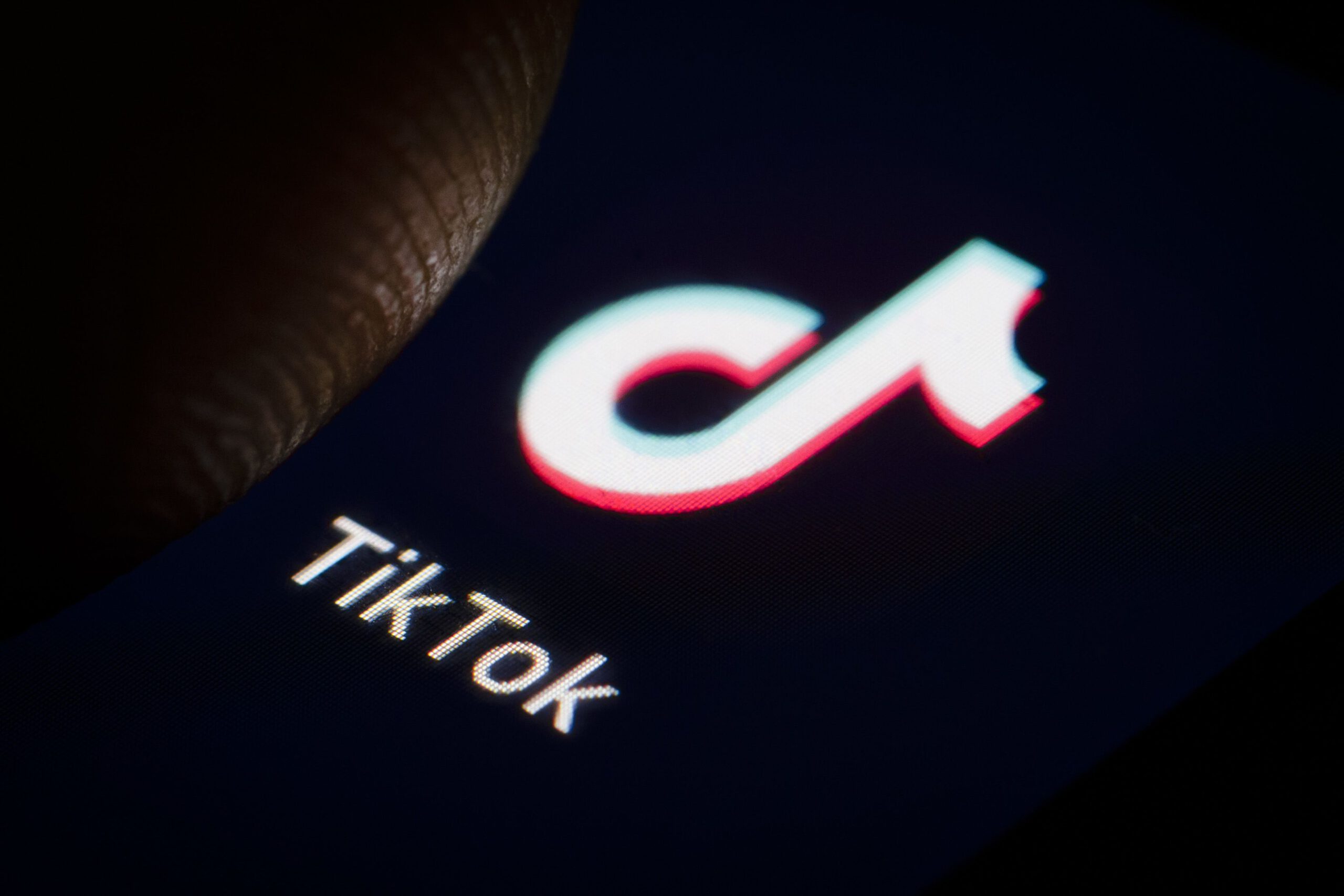
Nokia announced new research highlighting 5G plans, expectations and the biggest 5G WAN and LAN drivers for businesses across key industries in the US and UK. The study, which was conducted in partnership with Parks Associates and surveyed over 1,000 IT decision-makers, covered key enterprise segments including energy, manufacturing, government/public safety, and automotive/transportation.
Results reveal that two thirds of participants surveyed (65%) are familiar with 5G, and one third (34%) report they are already using 5G and are highly satisfied with the service. While nearly half (47%) of IT decision-makers say their organizations have already started planning for 5G, others are waiting for more widespread 5G availability (54%), and nearly one third (30%) reported they would also like to better understand the value of 5G before developing a strategy to use it in their organization.
The research also identified video as the ‘killer app’ for 5G across verticals and different business sizes, with 83% finding it compelling and 48% citing 5G-enhanced video monitoring as a near-term (0-4 years) opportunity. Respondents can readily grasp the additional value that 5G can bring to video, with 83% finding video alerts such as detecting and recognizing who is on premise as valuable capabilities. Video was followed by remote-controlled machinery with 77% of participants interested, and connected cars at 73%.
The COVID-19 pandemic started as operators around the world were ramping up 5G network rollouts, exploring new use cases and business models, particularly for enterprises. With survey respondents revealing that 61% of businesses would look to a mobile operator for direction when planning 5G services, CSPs have an opportunity to position themselves with those enterprises who are looking for 5G expertise during these uncertain times.
Josh Aroner, vice president marketing for Nokia’s service provider business, said: “We conducted this survey to demystify 5G hype and to get to the crux of what will drive enterprises to adopt 5G for their WAN and LAN applications. It also reveals how CSPs can grow revenue by offering the services that enterprise customers are willing to pay for.”
Aroner continued: “We anticipate requirements born out of the COVID-19 pandemic will accelerate longer-term 5G plans with a focus on digitization, automation and analytics, which perfectly lend themselves to physical distancing, monitoring and remote working. Now we have a better understanding of what is happening in the network, there is a clear call to action for CSPs to invest in vertical expertise and guide their enterprise customers with more 5G education.”
Other key findings include:
- Energy and manufacturing firms show the highest awareness of 5G, and are exploring its potential for advanced WAN/LAN use cases including infrastructure maintenance, remote machine control, and cloud robotics.
- Over half of respondents (55%) find immersive experiences (5G-enabled AR or VR) appealing. Even before the COVID-19 outbreak, 52% of professionals found 5G AR/VR for employee training appealing. Over two thirds (67%) of education respondents found the ability to provide access to interactive education experiences as appealing.
- 77% of companies that already use connected equipment find 5G-enabled remote control machinery appealing; and 82% of respondents who already use cloud robotics today find the concept of 5G-enabled cloud robotics highly appealing.
- Among organizations that use vehicles, 74% found connected vehicles using 5G appealing. Across industries, Nokia found that 5G holds the most appeal where the vehicles are being used for safety and security purposes – such as monitoring premises and public safety – or for transporting paying customers.
- Fixed Wireless Access (FWA)is the top use case for small and medium-sized business, 73% of whom show a strong interest in FWA if cost and performance can match their existing wired broadband service.
Methodology: This survey fielded to 1,000 Enteprise IT decision maker across the US and UK. Respondents must have a role in IT decision making for their organization. To ensure representation, soft quotas were set for each company size category: small (less than 50 employees), medium (50-499 employees), large (500 or more employees); and for core industry types: energy, retail, manufacturing, government and public safety, automotive and transportation, media and advertising, and education.
To download the research, visit: Mapping demand: The 5G opportunity in enterprise for communications service providers











